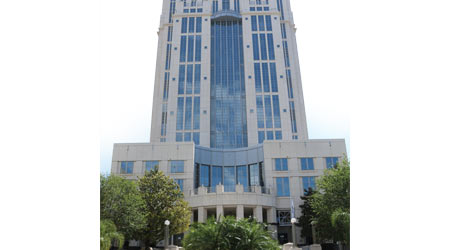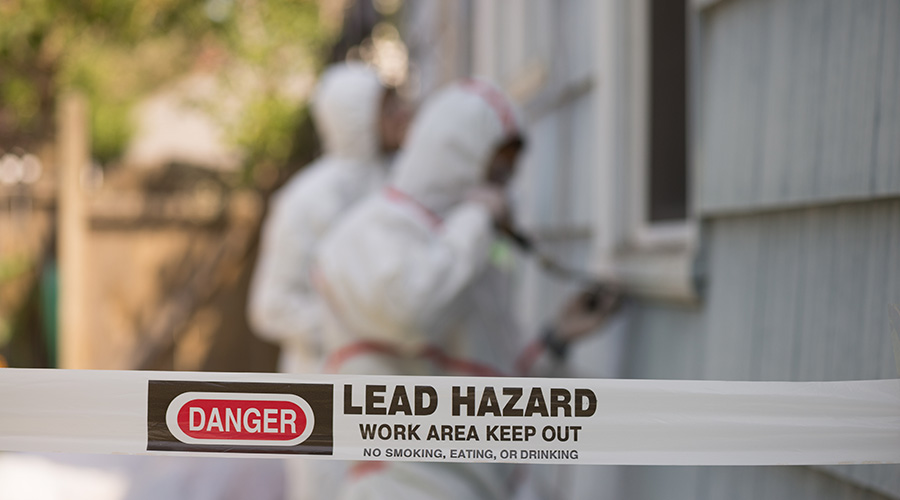 The 23-story Orange County Courthouse in Orlando was among the high-profile county facilities that underwent upgrades in recent years to improve energy efficiency.
The 23-story Orange County Courthouse in Orlando was among the high-profile county facilities that underwent upgrades in recent years to improve energy efficiency.Deferred Maintenance: Formulating a Plan
Upgrades to Orange County, Fla., facilities overcome scarce resources and geographic challenges to deliver financial benefits
Orange County, Fla., faced a dilemma in 2012 that is familiar to maintenance and engineering managers: Many of its more than 400 facilities were showing their age, maintenance costs were rising, and resources to address the issues were getting thin.
“Rising energy consumption, increased utility demand charges and rates, and excessive wear and tear on (mechanical, electrical and plumbing) systems were causing a major drain on finances,” says Richard Steiger, the county’s facilities manager. One option was to ‘do more with less,’ as many departments have had to do. Steiger and his department looked for answers elsewhere.
“A decision was made to create a plan to determine a course of action to both contain these rising expenses and build a long-term solution for sustainability,” says Steiger, adding that the results of the upgrades have been heartening. “The success rate is greater than we ever thought it could be in that the utilities were reduced so much.”
A sizeable challenge
While managers might be able to identify with many challenges facing Steiger and his department as they began their upgrade program, Orange County presented one challenge that was particularly tough — distance.
“Not only do we have buildings that range from 10-50 years old,” he says. “We also cover 1,000 square miles.” The challenges of maintaining and upgrading 5.5 million square feet of space in facilities spread over that many square miles include the logistics of getting people and materials when and where they need to be, as well as the amount of windshield time technicians must put in.
The 163-person department — which has a $35 million operating budget and a $10-14 million capital budget depending on annual approvals — divides the county into five geographical districts, with facilities in each zone offering the department different demands. The zone that includes the county’s corrections facilities is especially daunting.
“One of the challenges is the aging infrastructure,” he says. “It’s a 24/7 operation, and the inmates are really hard on the facility, so we’re constantly responding to broken fire sprinklers and clogged toilets. (In the) downtown (zone) with the courthouse, the challenge with that is that the building gets 8,000 visitors a month.”
Related Topics:














